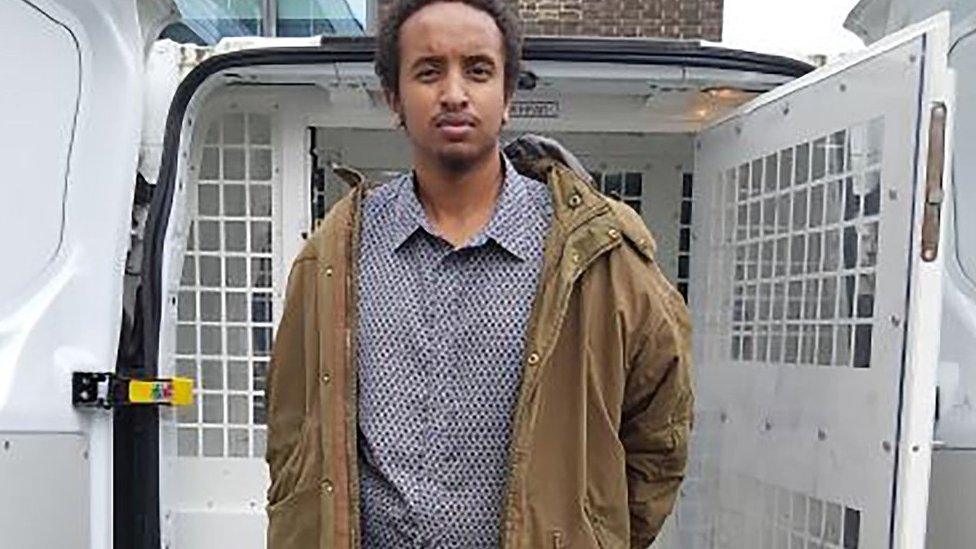Parents should be aware of extremism, Met says
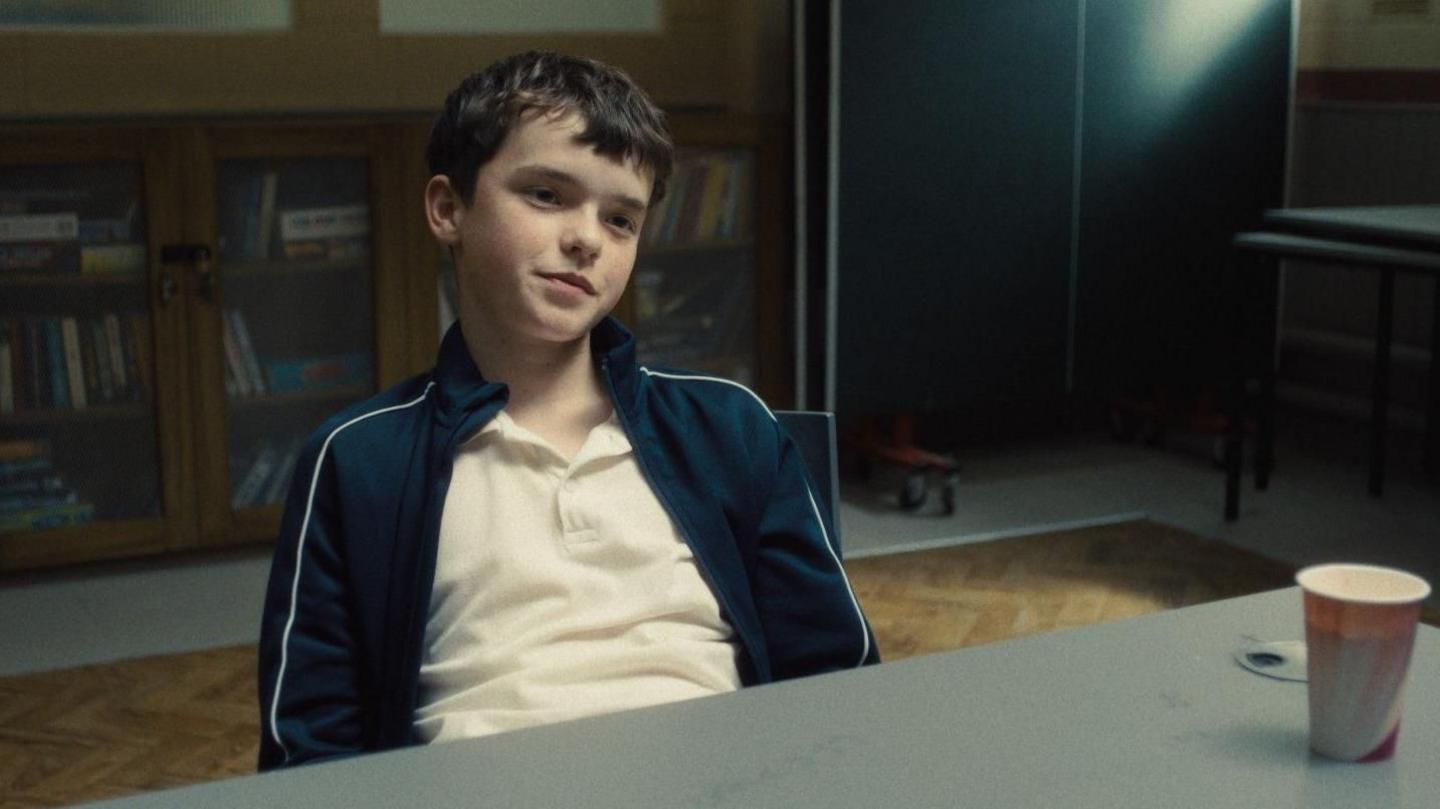
In Netflix's Adolescence, 13-year-old Jamie is accused of murdering a female peer after being exposed to misogynistic online material and subjected to cyberbullying
- Published
Parents across London need to be aware of the signs their child could be vulnerable to radicalisation or being drawn into violent extremism, Met Police say.
The force said it was issuing advice after Netflix drama Adolescence sparked a debate about misogyny and involuntary celibate (incel) ideology online.
Det Supt Jane Corrigan, the Met's Prevent co-ordinator for London, said: "While it's a fictitious drama, the story is grounded in a reality that we are seeing more and more in our work within Counter Terrorism Policing."
She added it was important that parents and carers were not "fooled into thinking that this is something that only happens to others".
The storyline in Adolescence featured a young schoolboy who was drawn into a violent form of incel ideology, but the Met said its counter terrorism officers had been "concerned for some time over the increasing numbers of young people being radicalised".
Det Supt Corrigan said parents should make themselves actively aware of what their children were doing online and talking to them about risks.
"Young people are being referred to us, and in almost every instance a big part of their vulnerability is coming from what they are doing, seeing and consuming online," she said.
"But it's actually those who aren't being referred to us who most concern us.
"That's why it is so important that parents and carers are taking an active interest in what their child is doing online - to have those conversations and be aware of the potential warning signs."
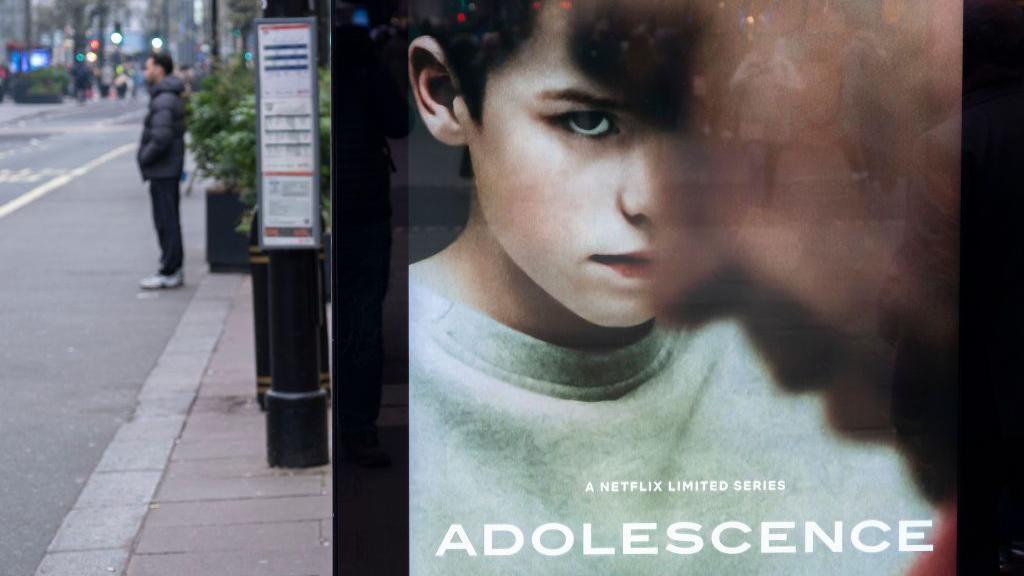
Det Supt Jane Corrigan said "the story is grounded in a reality that we are seeing more and more in our work within Counter Terrorism Policing"
Murdered girl's mum 'cried through' Adolescence
- Published2 April
Reality Check: What is the Prevent strategy?
- Published4 June 2017
Det Supt Corrigan added if parents still had concerns, they could access more help from the Act Early website, external, and the support line which provides access to advice from specialist officers.
It comes as Met figures showed 2023 and 2024 were the highest two years on record for terrorism arrests of children aged 17, with 43 and 39 such arrests respectively compared to 12 arrests in 2019.
Its Prevent referral figures showed almost 60% of referrals in the 2023-24 year related to those aged 17 and under, up from 50% in 2016-17.
Det Supt Corrigan added: "While it is still only a very small proportion of young people who may actually be affected, parents must not be fooled into thinking that this is something that only happens to others."
Listen to the best of BBC Radio London on Sounds and follow BBC London on Facebook, external, X, external and Instagram, external. Send your story ideas to hello.bbclondon@bbc.co.uk, external
Related topics
Similar stories
- Published31 March
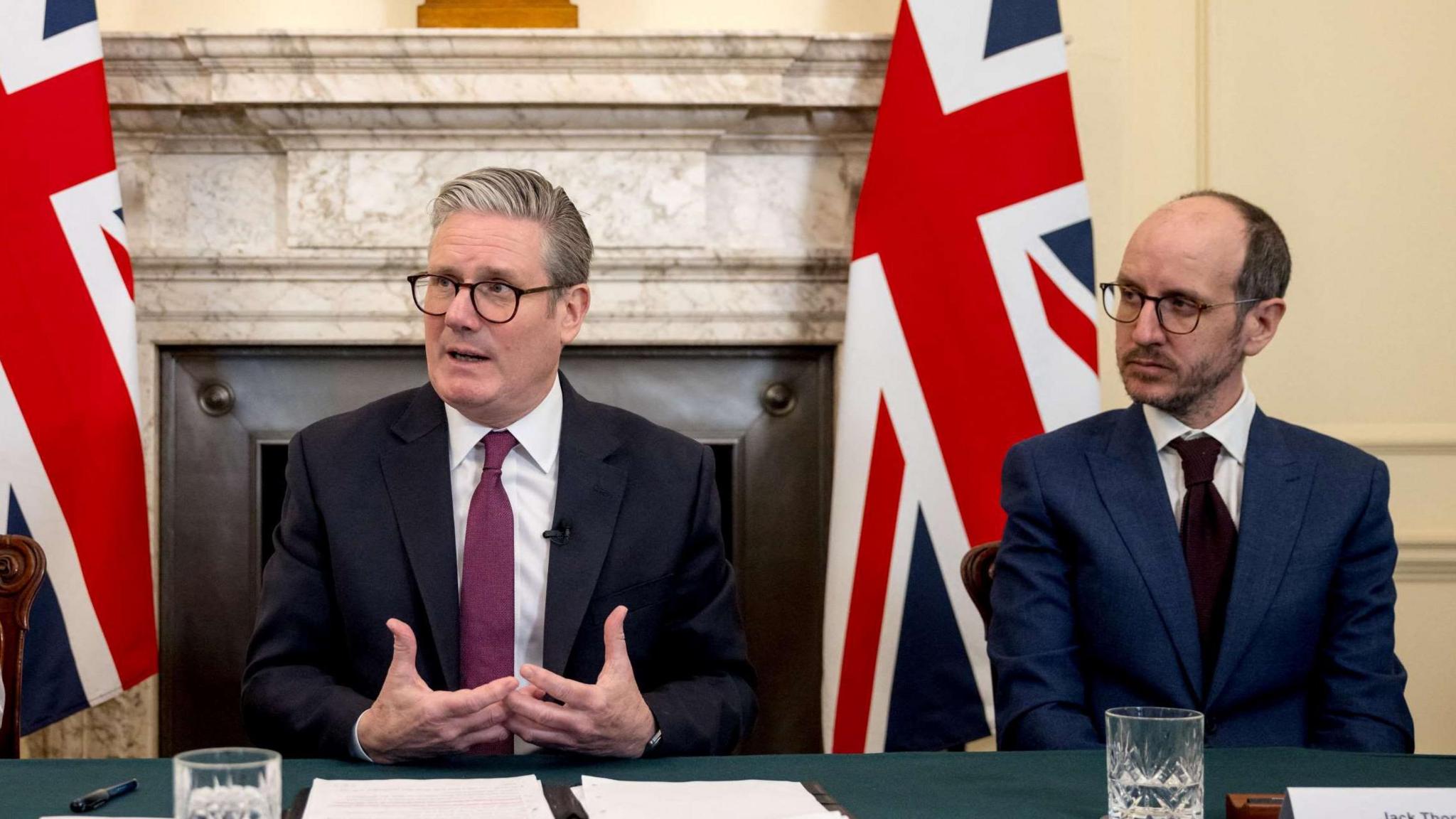
- Published28 February 2024
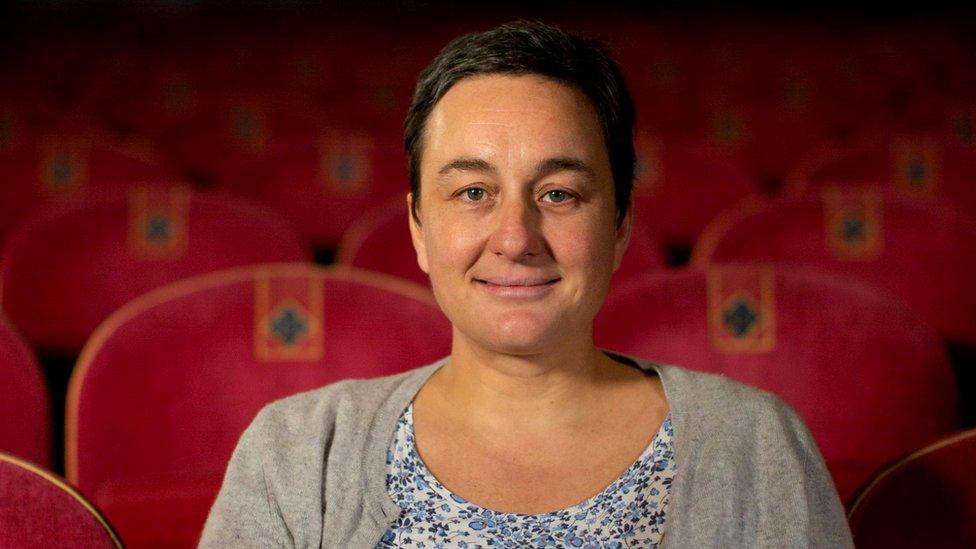
- Published8 February 2023
